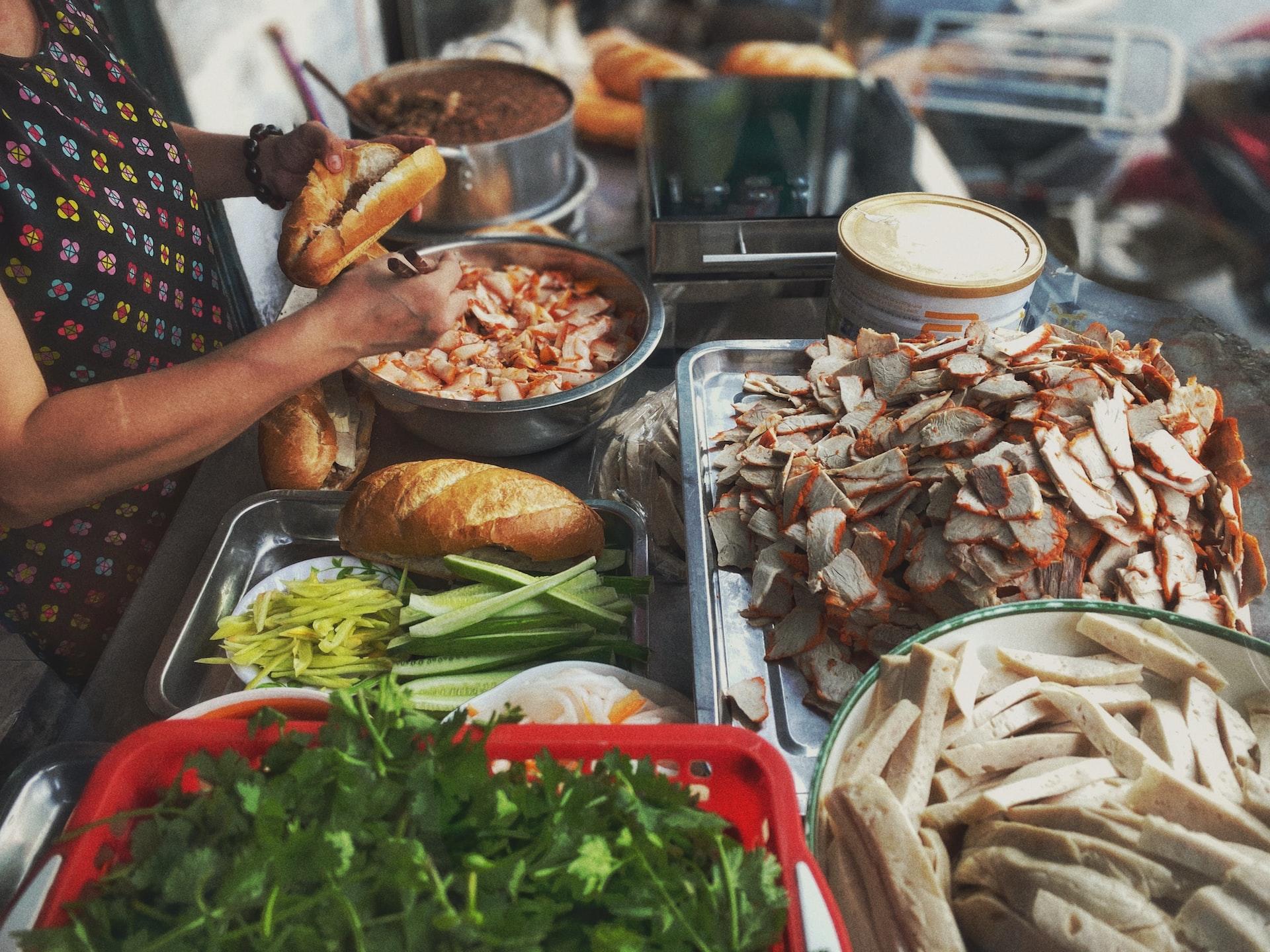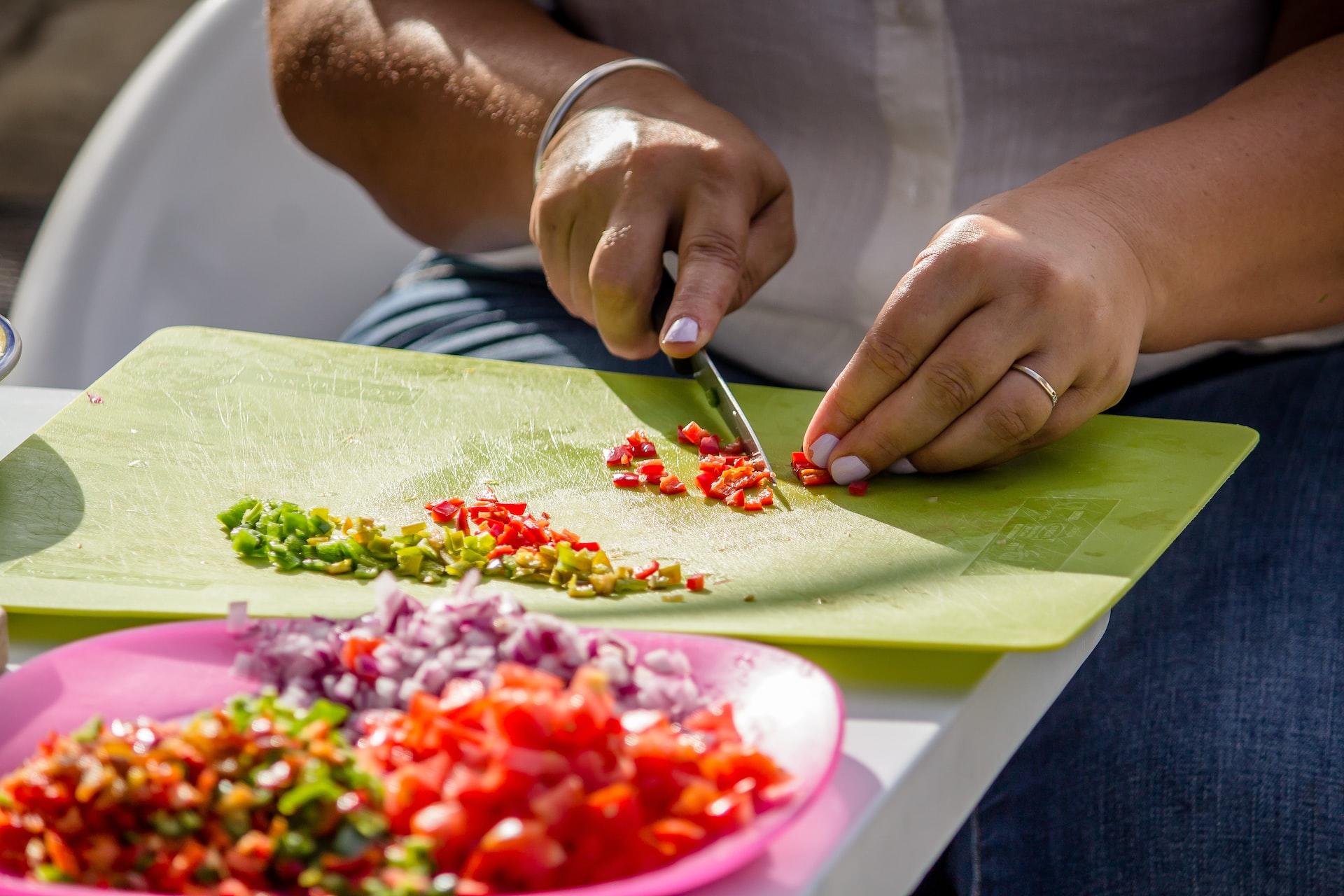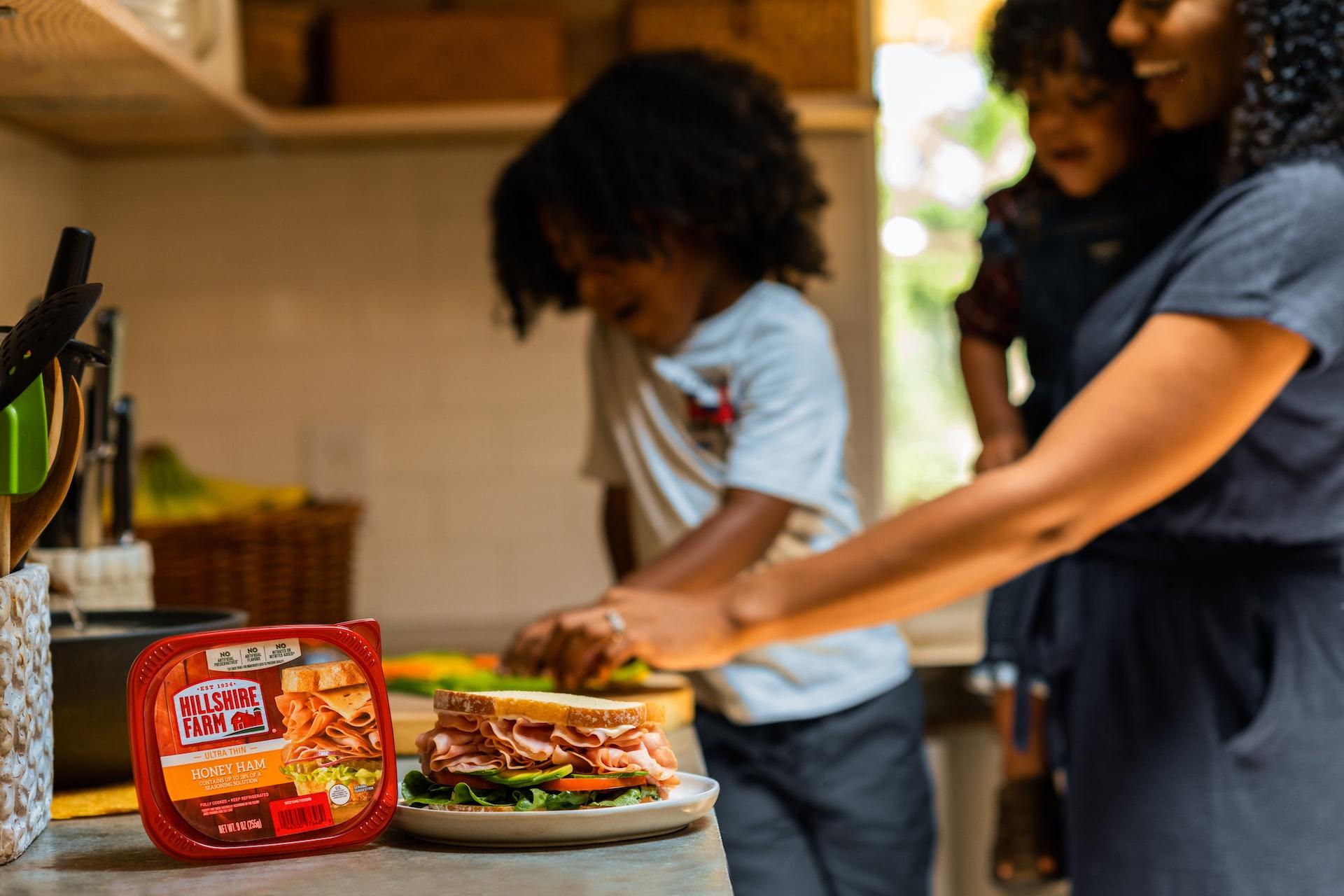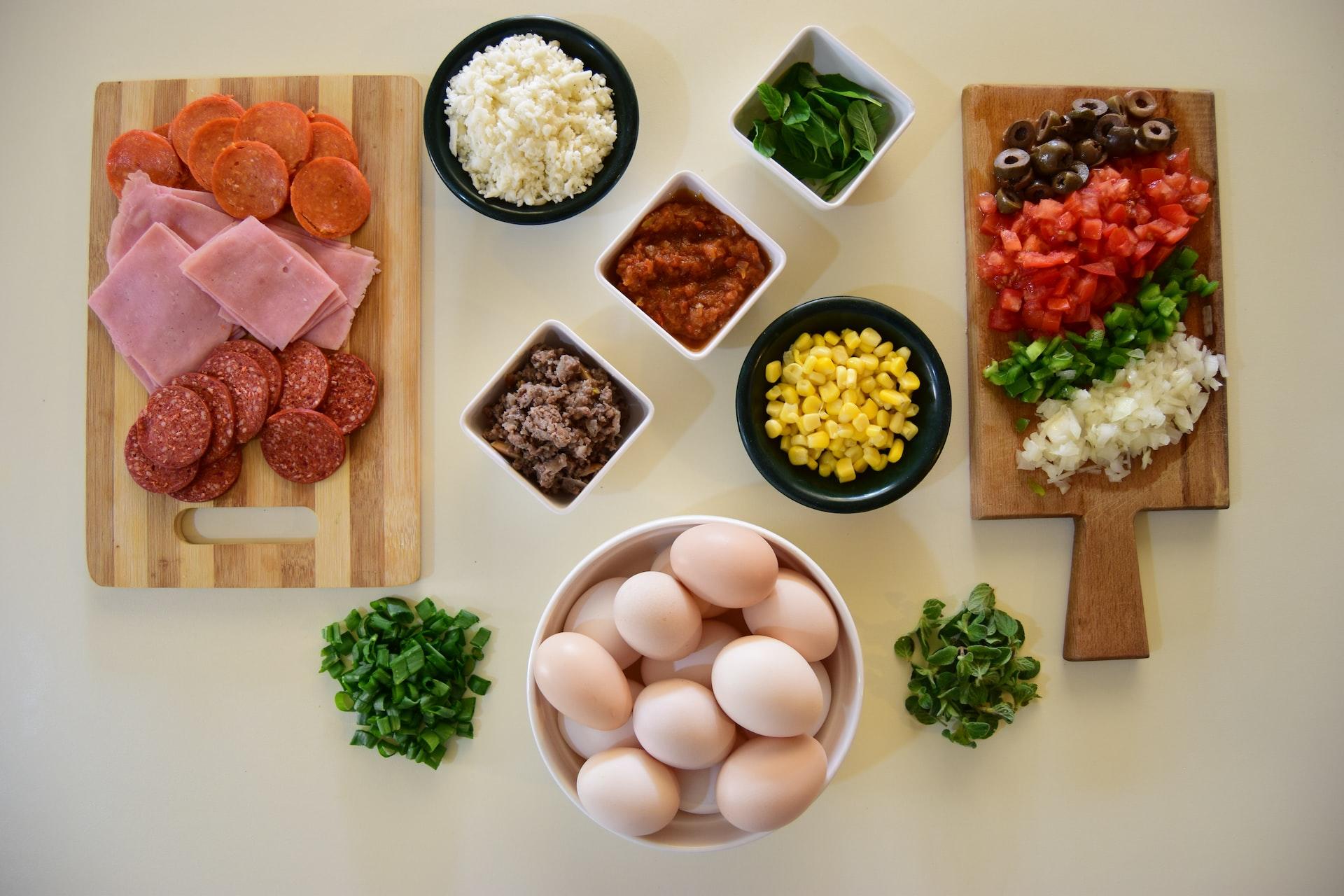It is that time of the year when students are resuming school. Parents and guardians in Nigeria and globally are excited. Going back to school also means trying to figure out what your child would eat at school for lunch every school day till the term is over.
A lot of planning and preparations go into the back-to-school excitement. The planning is from making your shopping list to planning their meals and preparing them daily for school.
As kids head back to school, they look forward to getting back on a regular schedule, resuming in-person education, and being in the same space as their mates. Food will always be vital to a child's growth and learning development. Students will not concentrate at school without proper nutrients and vitamins.
Some studies have found that poor nutrition leads to fatigue, lack of concentration, dehydration and poor health that inhibit a child's performance in school. For instance, deficiencies in vitamins and minerals, specifically thiamine, vitamin E, vitamin B, iodine, and zinc, inhibit cognitive abilities and mental concentration.
When you are planning your children's lunch for school, we encourage your child to be involved in their lunch preparation, and you should discuss choices with them. Involving children in planning and preparing their lunchboxes allows them to learn about healthy eating.
Good nutrition helps students show up at school prepared to learn. Every student has the potential to do well in school. Failing to provide healthy meals puts them at risk of missing out on meeting that potential.
As we get back into the swing of school, let's discuss how to plan students' meals.

Schemes And Regulations on School Lunches
Since it is no news that food is a vital part of a child's growth and development, there are regulations from the Nigerian government and individual schools guiding a child's daily lunch.
In 2005, the Federal Government of Nigeria launched the School Feeding Programme with the assistance of the United Nations Children's Education Fund (UNICEF) and the New Partnership for Africa Development (NEPAD).
The school feeding programme is to provide one meal per school day to all public primary school pupils in Nigeria, with the objectives of improving the health of school-age children, increasing their enrolment, retention and completion rate in primary school.

The majority of lunch packs of primary school pupils contain poor quality food, especially in public schools in Nigeria.
There is another one called The National Home Grown School Feeding Programme (NHGSFP), a government-led N70 per day school feeding programme that aims to improve the health and educational outcomes of primary students in public schools.
School feeding programme has been adopted in many countries to fight short-term hunger by ensuring at least one daily nutritious meal to support access to education.
Some schools in Nigeria also have regulations guiding what parents can give their children for lunchtime. These regulations are a way to ensure that the students get the number of vitamins needed for their growth and development.
While some primary and secondary schools in Nigeria have regulations for what a parent should pack as lunch, some have made it mandatory or optional that parents pay for their child's lunch on a termly basis, and the school will provide their lunch.
Many of these regulations may involve parents adding fruits to each meal, bringing certain foods each day of the week, excluding sugary and unhealthy snacks/meals in their lunch box, and bringing certain Nigerian delicacies a day of the week to incorporate culture into their learning etc.
The general guidelines for meals served in schools in Nigeria are as follows:
- a high-quality protein: Omega-3-rich fish, poultry or lean meat
- some form of grains: bread, cereal and the like
- some form of carbohydrate: potatoes and other starchy vegetables
- vegetables
- fruit
Students With Special Dietary Needs
There are several reasons some students may have special dietary needs. Parents or guardians must plan meals accordingly and communicate them to their children's school.
A special diet may be religious, medical or personal preference. Food allergies, sensitivities, spiritual practices, and ideological beliefs are some of the main reasons people rely on specific diets or follow dietary restrictions. Either way, it is vital to each student.
Dietary constraints differ from person to person. Some of the more common ones include:
- Food allergies and intolerances — such as dairy-free, fish and shellfish allergies, nut-free and gluten-free
- Special dietary requirements — vegetarian, vegan and mental
- Weight -overweight or underweight
- Lactose intolerance
- Diabetes

For instance, the lactose intolerant cannot eat anything dairy - no cheese or yoghurt; even reduced-lactose milk may harm them. It means a parent or guardian cannot pack lunches with food under this category, and the school cannot provide the students with such.
Besides medically necessary food restrictions, Catholic laws and other significant religious events impact food and eating in school. A child in some Christian schools in Nigeria, for example, are not allowed to eat or bring meat to school because they operate on a vegetarian diet.
If your child has special dietary needs, it's best to discuss them with the school administrators. If there's no way the school can guarantee these needs, it is best to pack their lunch and snacks.
Paying For Student's School Lunches
Primary school students in some public schools in Nigeria are entitled to free lunches from government schemes. However, while some schools offer free lunches, others may demand the students pay for them.
Some schools offer lunches to their students at a fee. The fee may be part of the school fees if it is compulsory for all students. If it is not mandatory, it could be that payment for the lunch will be monthly or each term.
Schools in Nigeria that provide lunches for their students usually have a timetable. The timetable will let students know what they will be eating each day. Schools that do not allow students to bring food from home will offer options for their students.
While the flexible ones will allow students to bring their food on the days the food on the timetable is not a child's preference. Parents who pay for school lunches for their kids can relax knowing that the meals prepared by schools will meet the nutritional guidelines for a growing child.
As said previously, if your child has special dietary needs, it's best to discuss them with the school administrators. It will allow the school to prepare or add your kids to a different plan.
The schools that do not offer school lunches prefer to partner with parents by asking that they prepare certain foods daily for their children.

Packing The Student's Lunch Yourself
Paying for your child's school lunch might seem like a convenient choice. However, not all schools offer school lunches, and if they do offer the lunch option, the fees might be outrageous and beyond your budget.
The best option for this, and if your child has a dietary need, is to prepare and pack their meals.
If your child has wide-ranging food allergies, there is the risk of cross-contamination, even if the menu foods they select don't themselves contain allergens. While you may be sure of the food they are serving in school, you can't be sure that the school's utensils are thoroughly clean.
Beware that your students' packed lunches must follow the same guidelines recommended by the school.
When you are planning your children's lunch for school, we encourage your child to be involved in their lunch preparation, and you should discuss choices with them. Involving children in planning and preparing their lunchboxes allows them to learn about healthy eating.
For children in primary schools, sometimes, the teacher knows best; ask the teacher what their eating habits are in school, and you may find that you need to break down their lunch box into three – two snacks and a meal, or maybe one snack and a meal.
Finally, we recommend that each lunch has the daily nutritional value for a growing and developing child. Add fruits and vegetables to each meal and if you want to give them some juice, make them yourselves at home. This way, you are sure it is 100% fruit juice.
You can also read up:
Back To School Essentials For A Secondary School Session In Nigeria
Back To School Planning For Primary School Students
The Start Of School Session Since The Outbreak Of The Covid-19 Pandemic
Summarise with AI:











